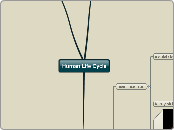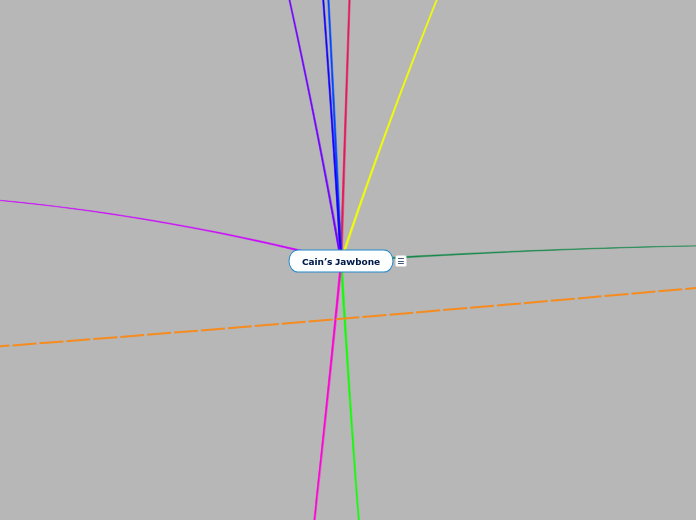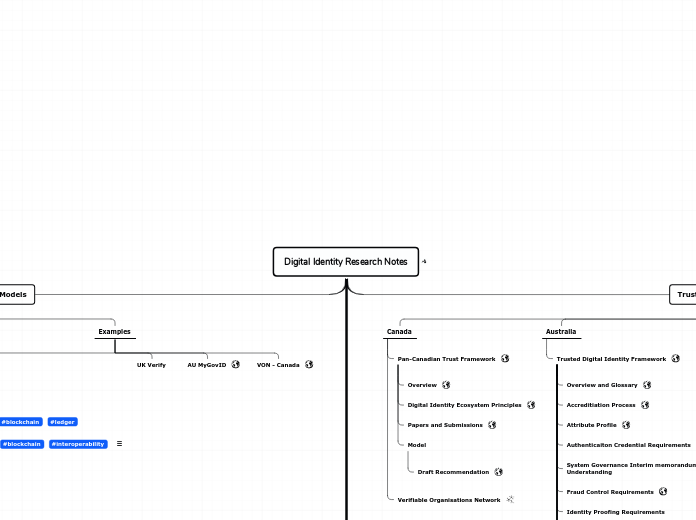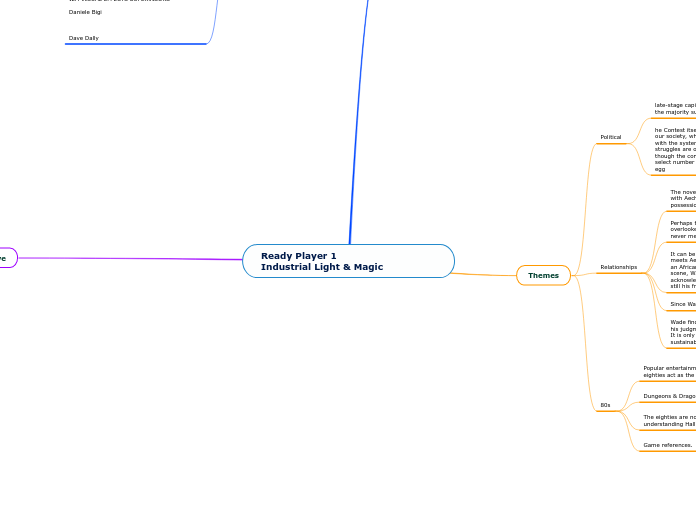von Alfredo Villasana Vor 8 Jahren
421
Properties of Math
Mathematical properties include various rules that govern operations with numbers. The distributive property allows multiplication of a sum by separately multiplying each addend. The associative properties of both multiplication and addition indicate that numbers can be grouped in any order without changing the result.









